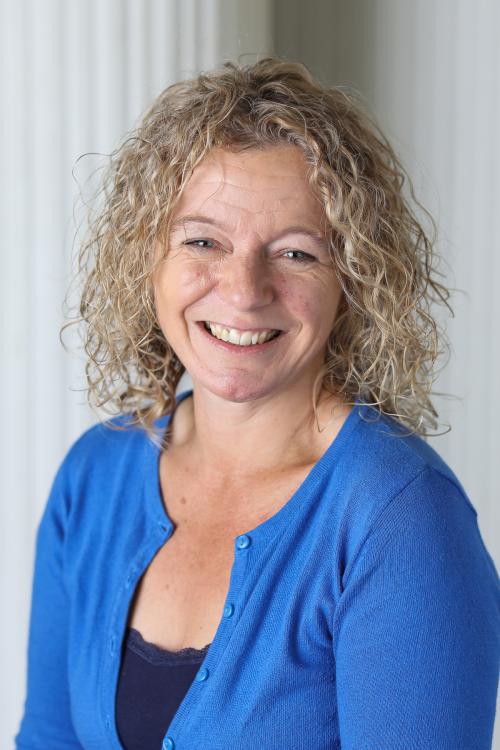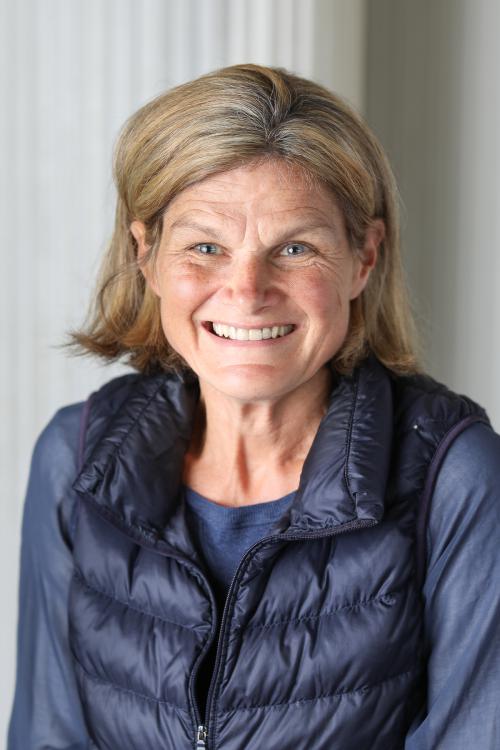 Early Years’ Foundation Stage Co-ordinator: Simone Edwards
Early Years’ Foundation Stage Co-ordinator: Simone Edwards
Children in the Nursery and Reception classes follow the statutory curriculum known as the Early Years Foundation Stage (EYFS).
There are seven areas of learning and development in the Early Years Foundation Stage curriculum. Three areas are particularly crucial for igniting children’s curiosity and enthusiasm for learning and for building their capacity to learn, form relationships and thrive.
These three areas, the Prime are:
• Communication and Language
• Physical Development
• Personal, Social and Emotional Development
The curriculum also supports children in four Specific areas, through which the Prime areas are strengthened and applied. The specific areas are:
• Literacy
• Mathematics
• Understanding the World
• Expressive Arts and Design
Through these seven areas, children acquire the skills, knowledge and experiences needed to help them learn and develop. The areas are equally important, depend on each other and allow us to present a rounded approach to child development. All the areas are delivered through planned, purposeful play, with a balance of adult-led and child-initiated activities supporting learning. Teachers monitor the progress of the children and many will be learning beyond the EYFS, especially in Literacy and Numeracy, by the end of the Reception year.
Children are provided with experiences and support to help them to develop in the following ways:
Children are provided with experiences and support to help them to develop in the following ways:
Children are provided with experiences and support which help them to develop in the following ways:
Children are provided with experiences and support which help them to develop in the following ways:
Children are provided with experiences and support which help them to develop in the following ways:
Children are provided with experiences and support which help them to develop in the following ways:
 SENDCO: Lucy Taggart
SENDCO: Lucy Taggart 
Early Years’ SENDCO: Simone Edwards
The majority of concerns highlighted in the Early Years are speech and language-based. If the Early Years’ SENDCO feels that a referral is necessary, a specialist speech and language therapist is contacted and she will carry out any necessary observations and/or one-to-one support at home and/or at school.
By the time a child reaches Reception, support strategies are usually in place, and towards the end of the year, a closer evaluation can be made by the Early Years’ SENDCO in order to pinpoint and prioritize specific difficulties. Discussions with parents may be held, which help to clarify the best course of action. This may include targeting weaknesses through small group work and supporting learning with home/school support packs.
In Year 1, if a child has significant needs, these are identified on an IPP and teaching strategies/resources are recommended, which are used by the class teacher to support the child within the classroom. When a child reaches Year 2, having made their way through the Department, a great deal of information can be called upon. The strategies and resources given above continue to be used and the role of the SENDCO becomes more important. With this role operating throughout the school, across both departments continuity can be achieved and a more personal plan developed for each child. External agencies can be called upon.
For diagnosing a specific difficulty, whether it be educational, physical, or behavioural, strategies and support are put in place to help the child in the best way possible.
Critical to the development of all children at Saint Ronan’s is the celebration and extention of areas of strength and talent. All children show personal areas of strength and skill and can therefore feel successful and valued at every stage of their school life. The atmosphere of security and encouragement, coupled with careful and structured long-term support, ensure that children develop to their full potential in areas they find more challenging.